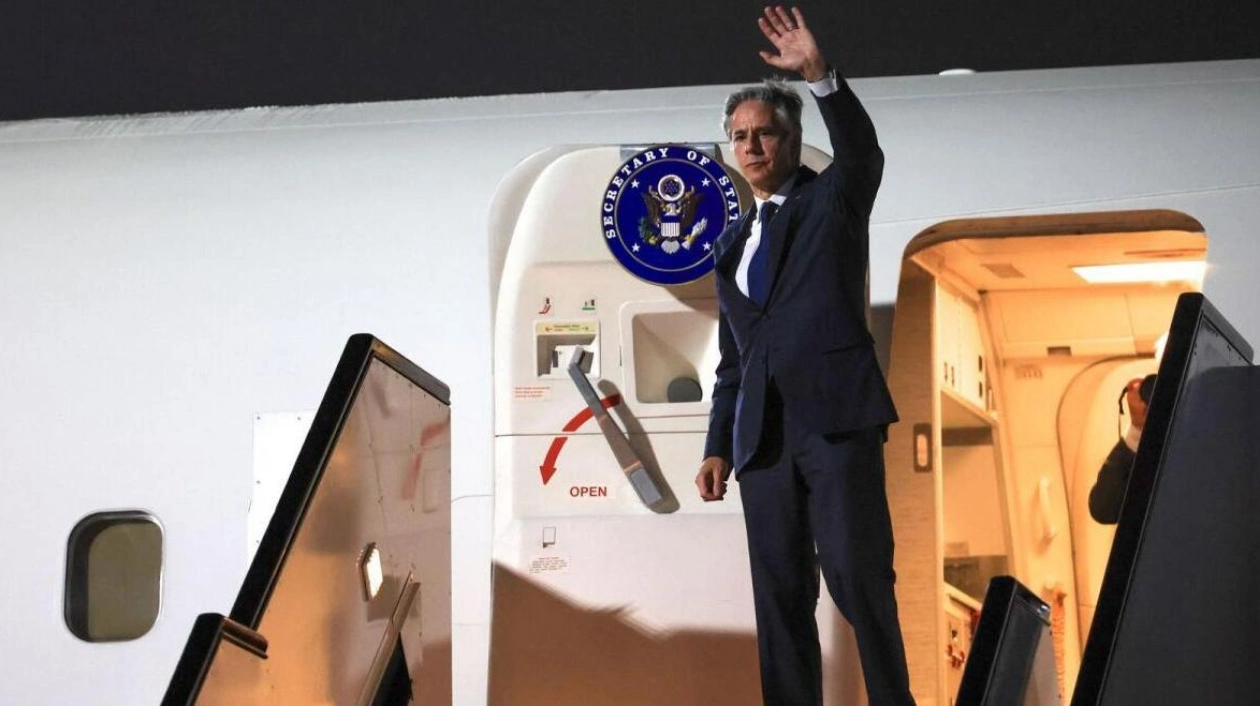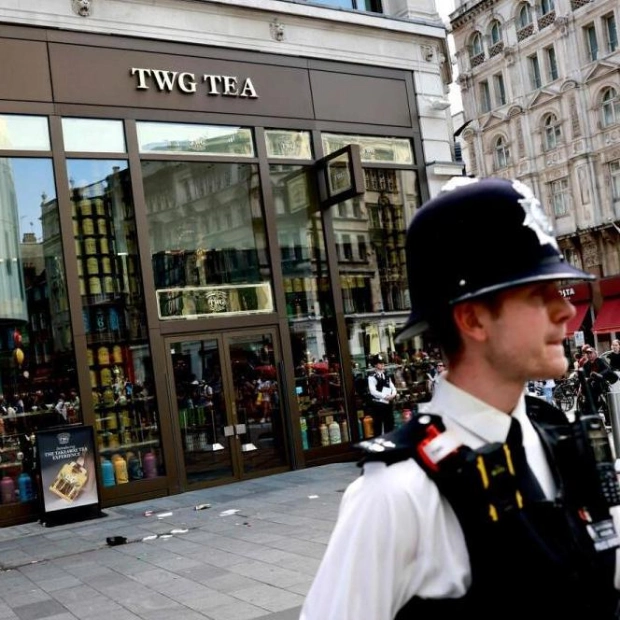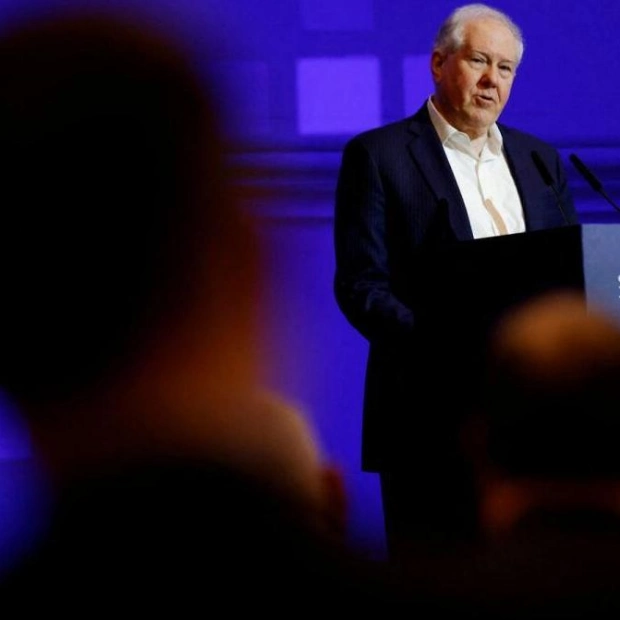On Wednesday, top US diplomat Antony Blinken returned home without securing a ceasefire in Gaza, cautioning both Israel and Hamas that his proposal might be their last opportunity to prevent a wider conflict. The US secretary of state urged Hamas to promptly accept a US-backed truce, while also engaging in a public dispute with Israel regarding its future role in the Gaza Strip.
"Time is of the essence," Blinken stated following visits to key Arab mediators Qatar and Egypt, as well as Israel, during his ninth mission to the region aimed at stopping the over 10-month war. "With each passing day, more innocent people may suffer," he noted before departing Doha. "This must be resolved soon, and we will do all we can to ensure it is completed," he said about the truce proposal.
The United States has proposed solutions to bridge gaps and, through Qatar and Egypt, encouraged Hamas to resume talks this week in Cairo. However, a day after Blinken claimed US ally Israel was supportive, Prime Minister Benjamin Netanyahu was reported by Israeli media as disagreeing on a crucial issue. Netanyahu insisted on Israel retaining control of the Philadelphi Corridor, the border between Gaza and Egypt, which Israeli forces took from Hamas, whom Israel accuses of using secret tunnels for weapons smuggling.
Blinken mentioned that Israel had already agreed on the "schedule and location" of troop withdrawals from Gaza. Since the conflict began, it has been "very clear that the United States does not support any long-term occupation of Gaza by Israel," Blinken said in response to Netanyahu's remarks. A senior US official, speaking anonymously to discuss sensitive diplomacy, deemed Netanyahu's "maximalist statements" unhelpful for achieving a truce. Blinken acknowledged differences and called for "maximum flexibility" from both Israel and Hamas.
Egypt, the first Arab nation to make peace with Israel, has been angered by the border takeover. Blinken has tried to persuade Netanyahu to compromise by offering the prospect of greater normalization with the Arab world, including Saudi Arabia, the guardian of Islam's two holiest sites. Egyptian President Abdel Fattah Al Sisi, meeting Blinken in El Alamein, expressed that "the time has come to end the ongoing war," according to a statement. Blinken then traveled to Doha to meet with Emir Sheikh Tamim bin Hamad Al Thani, but a US official said the Qatari ruler was unwell and they would communicate by phone.
Hamas, which carried out the deadliest attack on Israel on October 7, has expressed a desire for a ceasefire but objected to "new conditions" from Israel in the latest US proposal. Overnight, air strikes were reported across Gaza, with at least three people killed, according to the civil defence agency. The Israeli military claimed to have struck about 30 targets throughout Gaza and "eliminated dozens" of militants. Tensions escalated further when an Israeli strike in Lebanon's southern city of Sidon killed a Fatah official, complicating ceasefire talks.
Cross-border skirmishes have occurred almost daily between Israel and Lebanon's Hezbollah, but the situation intensified when Hamas's political leader, Ismail Haniyeh, was killed in Tehran on July 31. Iran has vowed retaliation, blaming Israel for the assassination, but has so far held off, with the United States deploying additional forces and warning that a wider war could jeopardize prospects for a Gaza ceasefire. In the region, a merchant vessel was hit by three projectiles off Yemen after an exchange of fire with two boats, according to the British maritime security agency UKMTO.
Israel and Hamas have blamed each other for delays in reaching a deal to end fighting, release Israeli hostages, and facilitate vital humanitarian aid into Gaza. Netanyahu has faced public protests in Israel urging him to accept a truce, which would return hostages whose situation has deeply affected Israelis. The Israeli military announced on Tuesday that it had recovered the bodies of six hostages from tunnels in southern Gaza, some of whom were killed in Israeli military operations. The October 7 attack resulted in the deaths of 1,199 people in Israel, mostly civilians, according to an AFP tally based on Israeli official figures. Of the 251 people taken hostage that day, 105 are still held in the Gaza Strip, including 34 the military claims are dead. Israel's retaliatory military campaign has killed 40,223 Palestinians in Gaza, according to the Hamas-run territory's health ministry, which does not specify civilian and militant deaths.
In a poignant reminder of the stakes for Netanyahu, a young Israeli woman, symbolizing the 251 hostages, called for their swift return. "Avinatan, my boyfriend, is still there, and we need to bring them back before it's too late. We don't want to lose more people than we already have," Noa Argamani said during a visit to Japan.






